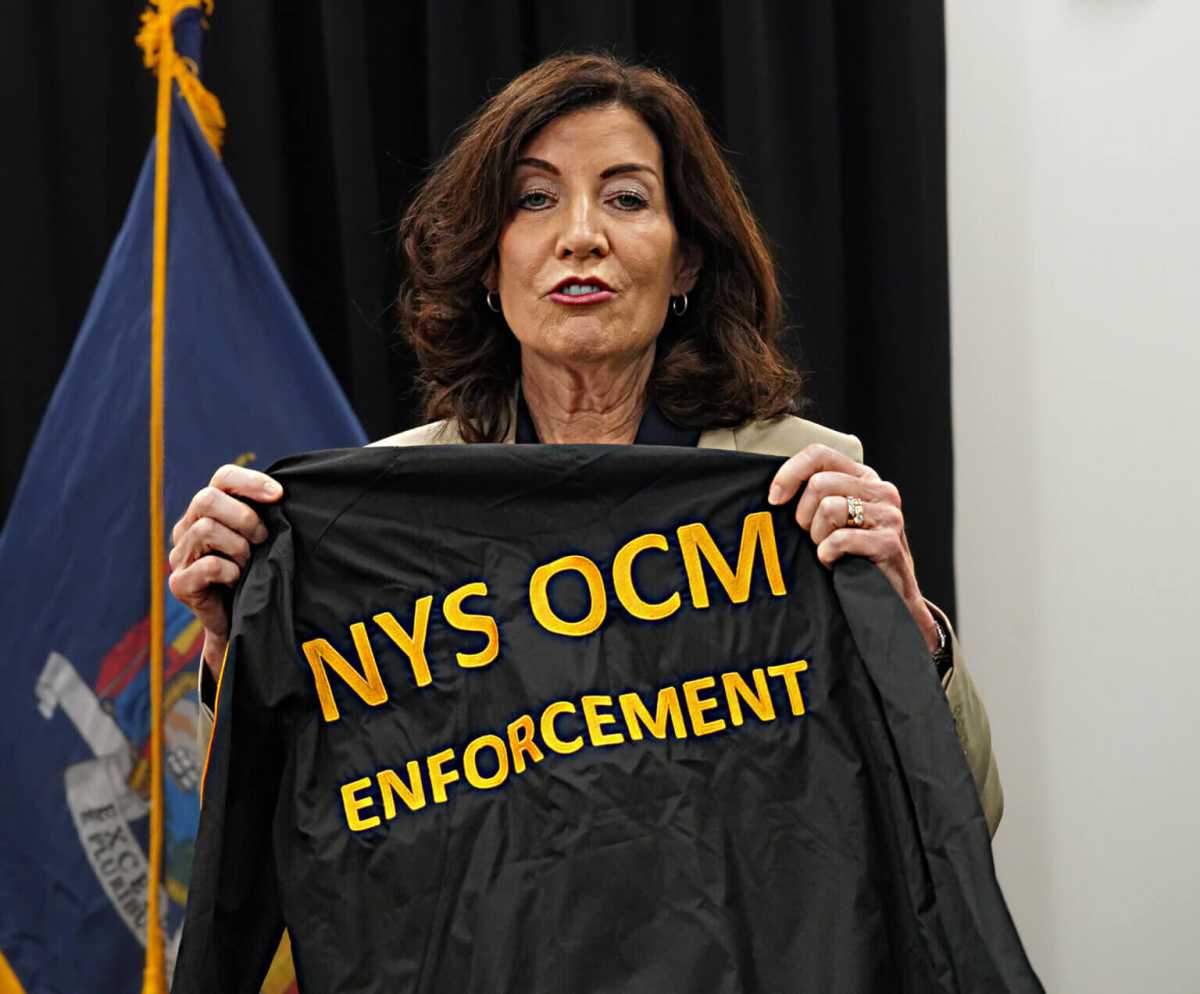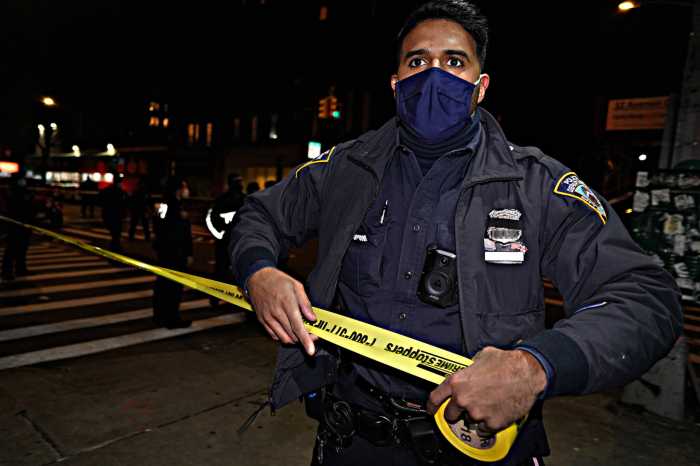New York is continuing to expand its legal cannabis market, with hundreds of licenses being made available to individuals and businesses interested in legally growing, processing, distributing, and selling cannabis.
The expansion will be rolled out in phases to ensure that New York’s cannabis market grows in a stable way, avoiding the price shocks and collapses seen in other states that have resulted in the failure of small businesses and significant contractions in overall market value.
“We know there’s room for improvement as New York works to launch a brand-new cannabis industry and crack down on illicit operators, and I’m committed to working with all stakeholders to get the job done right,” Gov. Kathy Hochul said. “My Administration is laser-focused on shutting down illegal storefronts, protecting the health and safety of children, and helping small businesses thrive. We will continue working to build the most equitable adult-use cannabis industry in the nation that invests in communities and rights the wrongs of the past.”
The Office of Cannabis Management (OCM) and the New York State Cannabis Control Board (CCB) will be accepting the applications and will start to roll out licenses for cultivators, processors, distributors, microbusinesses, and retail dispensaries in early 2024. During the application window, those who are currently operational Adult-Use Conditional Cultivators and Conditional Processors will also be able to apply to transition to full, non-conditional licenses.
The application period will open on Oct. 4 and will remain open for two months, until Dec. 4. Those interested in applying can read the application guidance and frequently asked questions here. Entrepreneurs who are seeking to apply for licenses will be able to file their applications through the New York Business Express (NYBE) platform, accessible here.
Gov. Hochul also announced that the state will continue to aggressively enforce against the illegal sale of cannabis across New York, led by OCM and the Department of Taxation and Finance (DTF). To date, this enforcement has resulted in the seizure of more than 8,500 pounds of illicit products with an estimated street value of more than $42 million, and in two particular concentrated enforcement actions on the West Side of Manhattan and in Downtown Brooklyn, resulted in the seizure of nearly 150 pounds of product worth close to $600,000.
Businesses illegally selling cannabis products will be fined, starting at $10,000 per day and can rise up to $20,000 per day for the most egregious conduct. An additional fine of $5,000 can be levied for the removal of Orders to Cease Unlicensed Activity affixed to the outside of the doors.
In addition to cracking down on illegal sellers, New York is working to ensure that those who are working in the industry are treated fairly. The Department of Labor and the Workers Compensation Board will join forces to make sure that businesses carry workers’ compensation insurance and ensure employers are paying their employees the state’s minimum wage to include any eligible overtime, employees are allowed sick time and are compliant with the New York Health and Essential Rights Act (NY HERO Act) and COVID sick pay. Fines will be given to businesses that don’t comply.
New York State Department of Labor Commissioner Roberta Reardon said, “If a business is selling a product without the proper license, there is a concern that they may also be violating other state laws that protect workers, including minimum wage, overtime, and sick leave, among others. All employers, unlicensed or not, should be providing the same worker protections that are required under the law. We are proud to join our state and local partners in this effort to ensure that the rights of workers are not being violated.”
Lastly, Gov. Hochul announced that after a year of data analysis, OCM has arrived at a determination for how to assess whether an area is a community disproportionately impacted (CDI), which is a certain geographic area that has a history of arrests, convictions, and other law enforcement practices where a disparate enforcement of cannabis prohibition as compared to the rest of the state during a certain time period took place. The CDI census tracts represent approximately one-quarter of the New York State population that experienced three-quarters of the arrests over the last four decades.
Hochul says that the OCM will implement a robust system for tracking the ownership and financial interests of cannabis license applicants and owners, in an effort to ensure transparency, accountability and regulatory compliance. This includes the requirement for applicants to list their “True Parties of Interest” (TPI), which will enable OCM to assess ownership stakes of individuals and businesses operational in one tier of the market across the other tier.
Tabatha Robinson, Director for Economic Development, Policy, & Research at New York’s Office of Cannabis Management said, “As a native New Yorker who grew up in East Brooklyn at the height of the stop-and-frisk era, I could not be more proud of our work analyzing decades of arrest and enforcement data to determine which entrepreneurs will qualify as individuals from communities disproportionately impacted by the enforcement of cannabis prohibition. I witnessed firsthand how the enforcement of prohibition destroyed lives and deprived New Yorkers of much-deserved opportunities. Now, work begins to ensure that these communities reap the benefits of our legalized cannabis market through access to licensure and the community reinvestment fund.”
As a result of this expansion, New York’s cannabis market is poised to be one of the largest in the world, creating thousands of jobs across the state and projected to generate hundreds of millions of dollars in revenue annually, while promoting small business growth, prioritizing equity, and ensuring consumer safety and quality product.






































